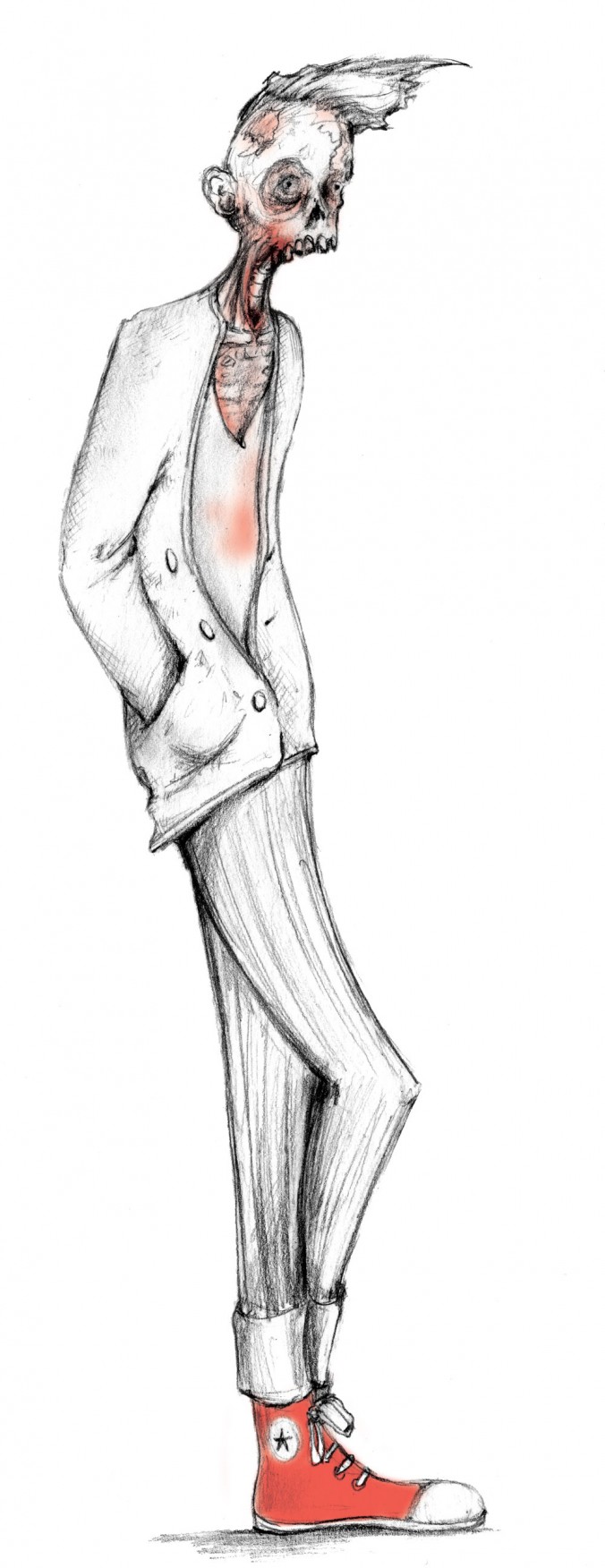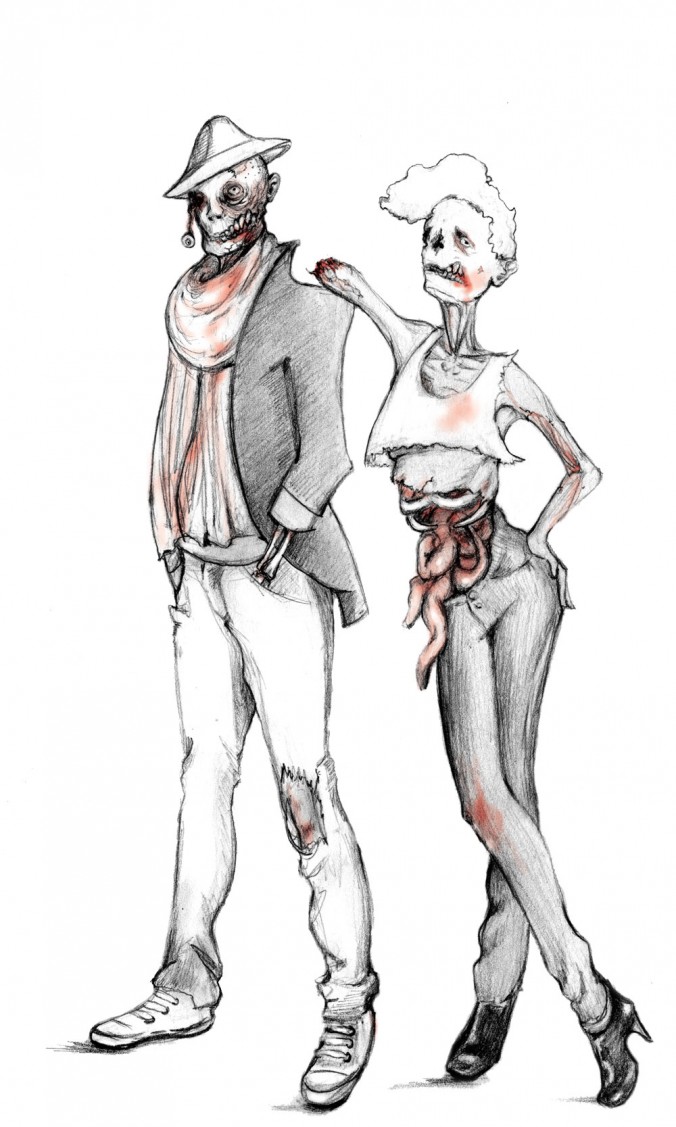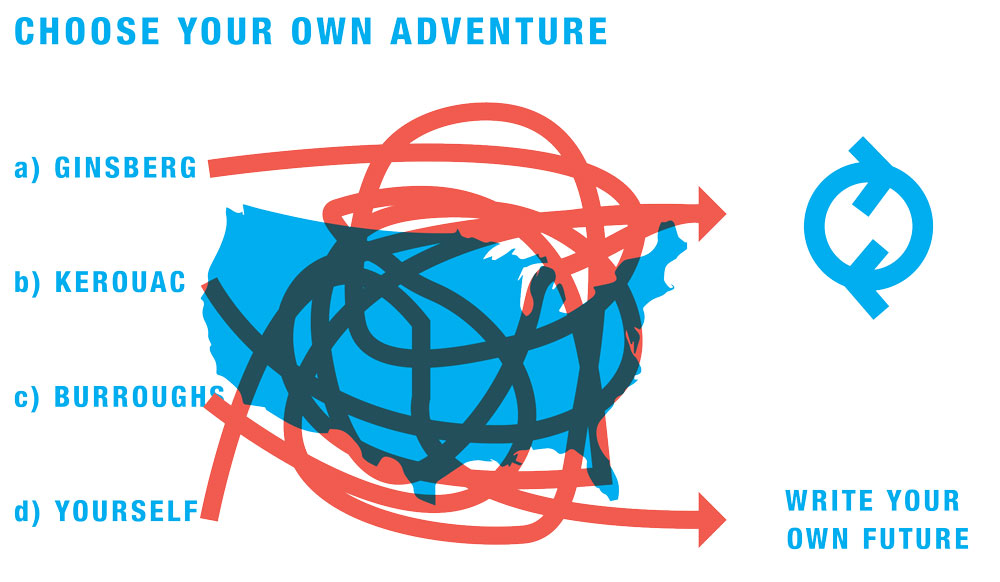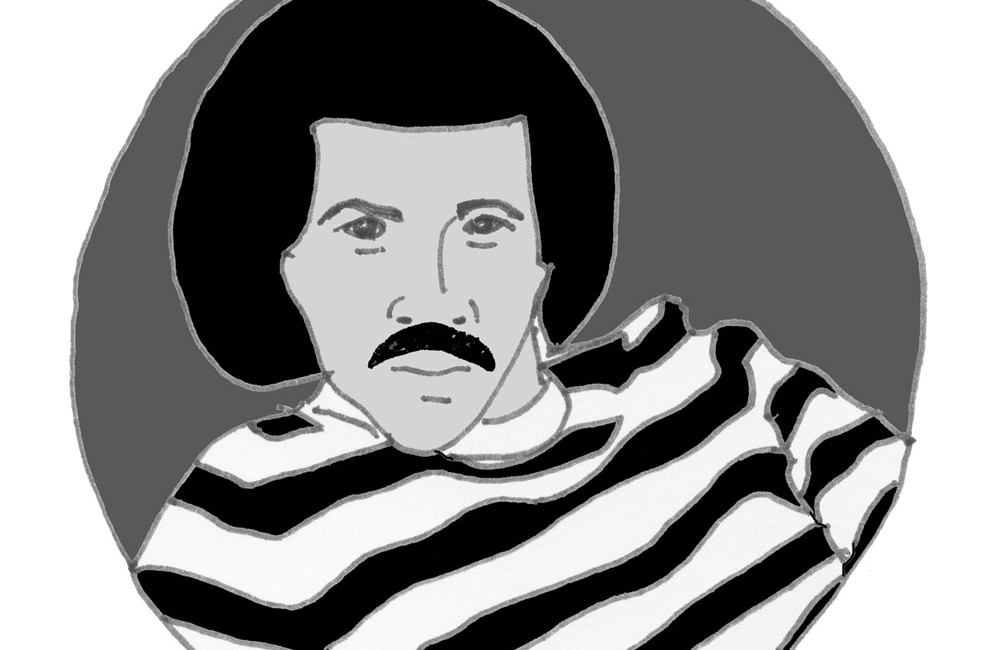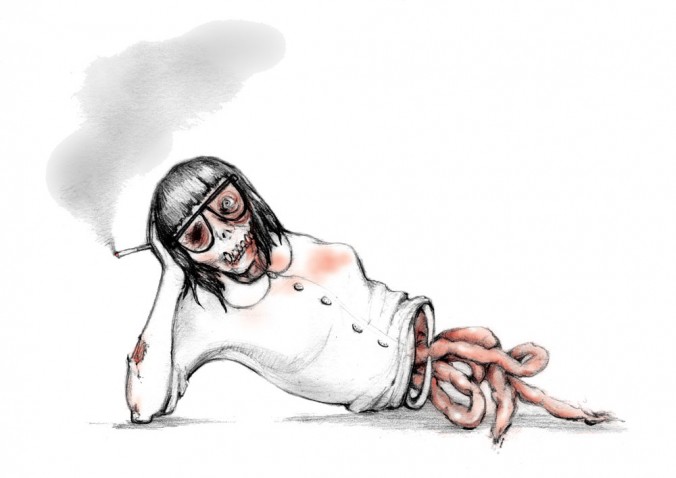
Let’s face it. We live in an age where zombies have shuffled their way back into mainstream media after on-and-off popularity stints over the 20th century. The smash TV show “The Walking Dead” on AMC exemplifies this zombie craze. The pop-culture phenomenon has been so widespread that, according to Nielsen Ratings, it was the first cable series to grab the Number 1 spot in last fall’s TV ratings in the key demographic of adults ages 18 to 49.
Confirmed for its fourth season in October, “The Walking Dead” is based on a comic book series that follows the character Rick Grimes (played by Andrew Lincoln), a local sheriff’s deputy in Georgia, who wakes up from a coma to find the world overtaken by flesh-eating zombies. Rick, determined to find his family, goes to Atlanta and comes across other survivors along the way. Since the governmental structures of society have fallen, Rick and the group of survivors continuously face dangerous obstacles as they live on the bare necessities in a post-apocalyptic world. The group moves around and searches for a permanent home, especially after the survivor camp they settled at in the first season is overrun by zombies. But it seems like no matter where they go throughout the series — Atlanta’s Center for Disease Control, a family owned farm, and a rural prison — the group’s efforts to avoid the “walkers” (the show’s reference to zombies) are in vain.
A question has come to many minds since the show’s premiere in 2010: Why are we so obsessed with “The Walking Dead,” and zombies in general?
Even though “The Walking Dead” has a lot of walkers, the series, like many zombie stories, isn’t really about zombies. It’s a multifaceted drama embedded with layers of survival, humanity, democracy and trust — four ideas Americans struggle with on a daily basis.
According to the Huffington Post’s article, “Zombie Fads Peak When People Are Unhappy,” Clemson University professor and zombie researcher Sarah Lauro believes our society’s obsession with zombies occurs when people are dissatisfied with the economy and culture.
“We are more interested in zombies at times when as a culture we feel disempowered. And the facts are when we are experiencing economic crises, the vast population is feeling disempowered,” said Lauro. For example, soon after the first major organized zombie walk was held in Toronto in 2003, zombie walks became extremely popular in the US. Lauro believes this rapid appropriation coincided with disapproval of the war in Iraq. “Either playing dead themselves … or watching a show like ‘Walking Dead’ provides a great variety of outlets for people,” observed Lauro.
Rick and the rest of his group are constantly striving to maintain a balance between their will to survive against zombies and their humanity. Because all of the survivors have suffered horrific trauma on a massive scale, the “whatever it takes” attitude is used in the literal sense. The increasingly graphic ways in which the survivors kill the undead, from Rick swinging a baseball bat to a walker’s head in the pilot episode to the group using knives, screwdrivers, and arrows to kill a zombie hoard in the beginning of season two, are ruthless to say the least. But given the fact that food and safety are scarce, their barbaric choices seem validated.
According to My Record Journal’s article, “Where Are the Zombies Coming From and Why Are They So Popular?,” Quinnipiac University journalism professor and pop culture commentator Rich Hanley explains the appeal of this brutality — “There’s no lobby for a zombie. You don’t have to worry about ‘People for Zombies’ protesting.” In other words, killing the undead through gruesome ways seems acceptable in our culture because zombies are no longer human, but frightening flesh-eaters.
Democracy and trust are also major concerns in “The Walking Dead,” as Rick becomes the leader of the survivors. Although Rick takes advice from his peers and has co-leaders, conflict and division arise between him and other members as they decide what is best for the group as a whole. The group faces many dilemmas including who to depend on, how to cope with the loss of their own members, and what to change in their dynamic as people come and go.
The way Rick’s group deals with other survivors is a challenge in itself. Strength in numbers sounds like a good thing, right? However, many of the people Rick’s group comes across are dangerous and have selfish motives. There’s one instance where two men encounter Rick and a few of his group members at an abandoned rural bar and wish to know the location of Rick’s group. The situation quickly escalates and turns fatal when it becomes clear that the men want to steal the group’s site, weapons, food and other resources. Because each person’s good and bad characteristics have been severely heightened by the circumstances, humans are at risk from each other just as much as they are from zombies.
According to the Toledo Free Press article, “UT Professor’s New Book Explores Zombies, Gun Control,” instructor Brian Anse Patrick believes the zombie phenomenon represents “a disturbance in the Western collective unconscious.” Similarly, Patrick thinks the UFO fascination in the 1950s represented America’s fear of nuclear war. Patrick believes zombies can represent all sorts of anxieties which relate to the decline of the West. The fact that our country still has high rates of unemployment, is highly dependent on foreign production to sustain the economy, and owes trillions of dollars to other nations, justifies Patrick’s connection between trouble in the West and zombies. As our government fails, immersing ourselves in an apocalyptic, government-free world seems all the more liberating.
Lauro and Patrick’s research explains why zombies are trendier at certain times than others. “The Walking Dead” plays on common anxieties and unhappiness on a national level. The ongoing theme of the show seems to be that the hopeless living may have it worse than the walking dead. “The Walking Dead,” through an end-of-the-world scenario, distracts our culture and expresses the idea that when things are bad we can always get our minds off the present situation by looking to something worse.



